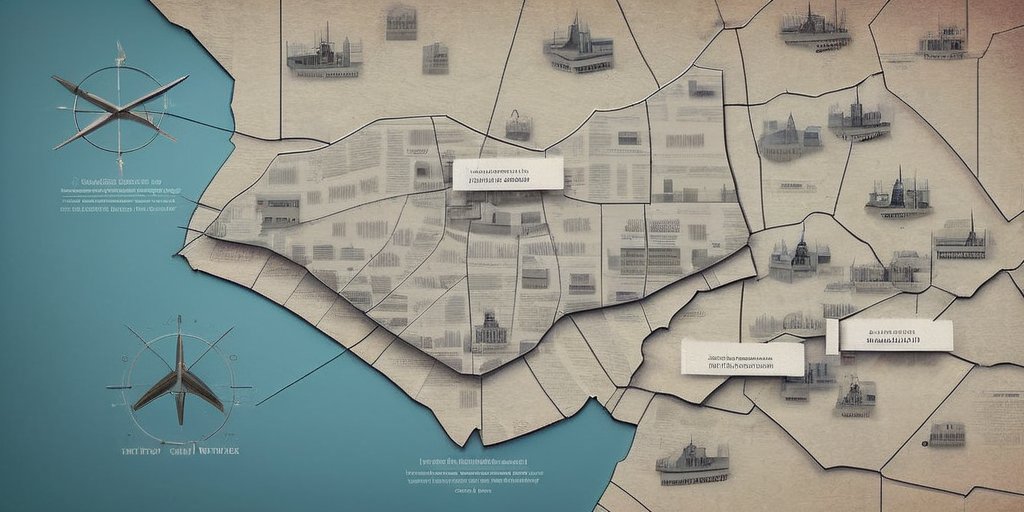In a startling revelation, the White House confirmed that a journalist was inadvertently added to a group chat where U.S. national security officials discussed covert military operations against Houthi rebels in Yemen. The incident raises questions about the integrity of communications within Trump’s national security team and their handling of sensitive information.
Reported by Jeffrey Goldberg of The Atlantic, the chat included major figures such as Vice-President JD Vance and Defense Secretary Pete Hegseth, discussing classified military plans just hours before the airstrikes commenced on March 15. Goldberg exposed how he was mistakenly included in this Signal message group, where he viewed detailed strike plans including target specifics and weaponry hours before the U.S. launched its military action.
President Trump, who was insisting on the effectiveness of these strikes, claimed, “I know nothing about the journalist in the Houthi strike group chat.” Press Secretary Karoline Leavitt defended the attack’s effectiveness, emphasizing the administration’s unwavering confidence in its national security leadership. This incident marks a rare glimpse into the strategic discussions within Trump’s administration, highlighting potential discord among top officials.
Tensions within the group chat became apparent when the account supposedly representing Vance questioned the timing of the attacks, suggesting a misalignment with Trump’s recent messages about European relations. Vance openly voiced concerns about possible repercussions, including a spike in oil prices, advocating for a delay to better frame the narrative surrounding the operation.
Despite initial disbelief by Goldberg regarding the authenticity of the chat, the National Security Council has since acknowledged that the message thread appears to be genuine, prompting a review of the circumstances leading to the journalist’s addition. The intrigue surrounding these developments echoes the ongoing challenges faced by Trump’s administration as they navigate military and foreign policy matters.
In a complex global landscape, this incident reflects not only the intricacies of U.S. military actions but also the potential ramifications of miscommunication among top leaders—a scenario that could have consequences for diplomatic relations worldwide.
